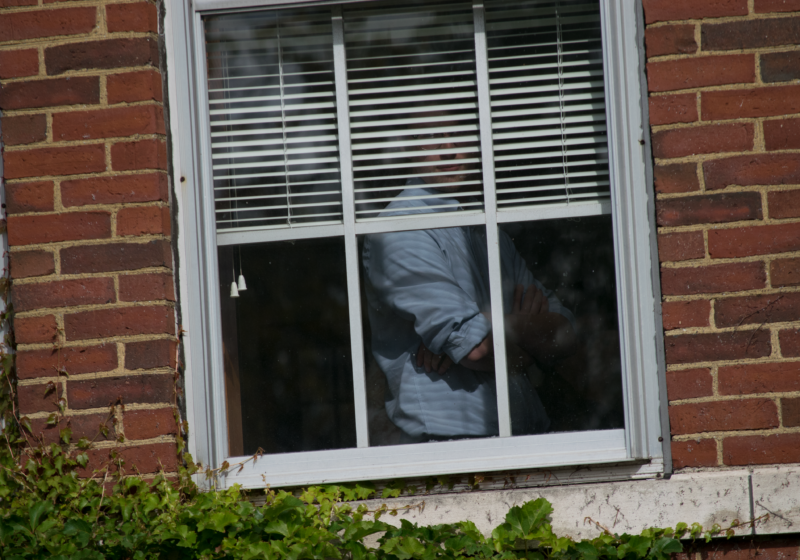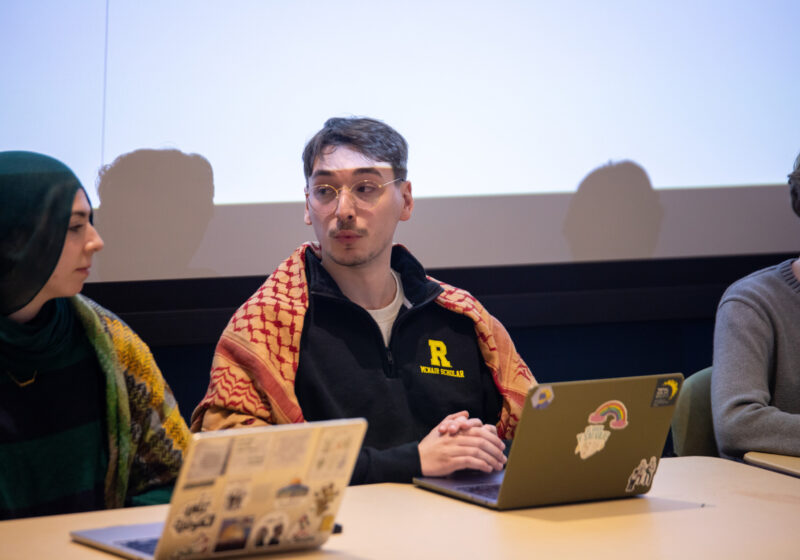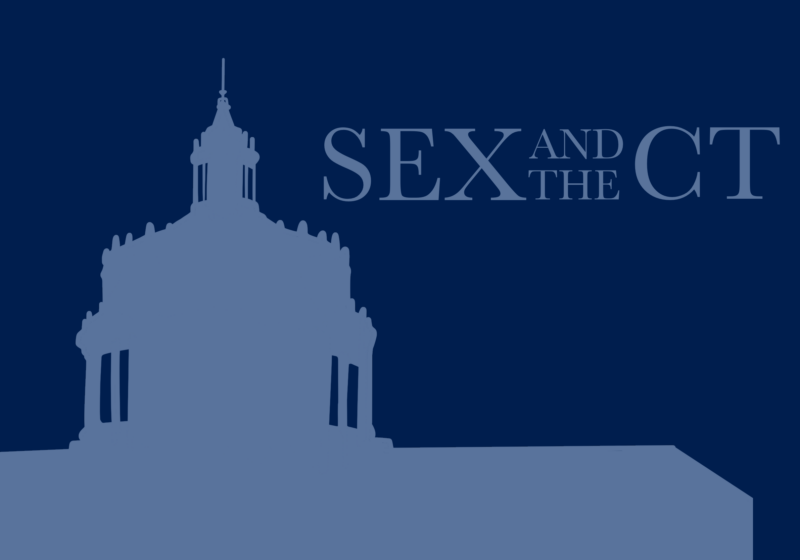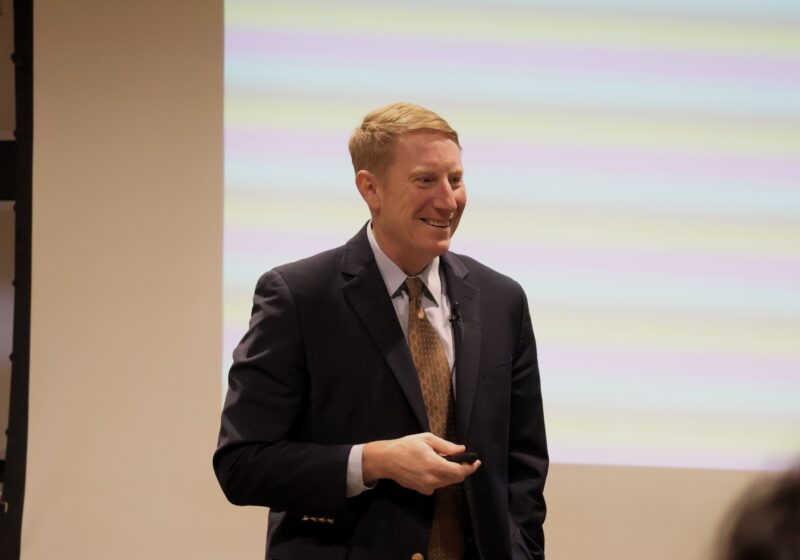In the tight-knit academic world of linguistics, news of the allegations that Professor T. Florian Jaeger sexually harassed and intimidated colleagues and graduate students has traveled quickly. The Campus Times spoke with professors of linguistics and its associated fields from campuses across the country about Jaeger, the problem of sexual misconduct in the sciences, and the actions of the University. Some asked not to be named.
All of the professors contacted expressed a deep concern with the handling of the allegations of Professor Jaeger by the UR administration.
“I can tell you that having been in the field for a long time […] I’ve never seen anything this bad,” said James Mazer, a professor of cell biology and neuroscience at Montana State University. “The EEOC report, apparently backed up by formal statements and depositions, describes some of the worst behavior by a professor I’m aware of and UR’s response (and multiple levels) seems to perpetuate the idea that the victims were at fault.”
One professor said that, based on the results of similar situations, she’d be surprised if President Seligman doesn’t resign.
The problem of sexual harassment in the sciences is “pervasive,” according to Kristen Syrett, a linguistics professor at Rutgers University who is on the Linguistic Society of America’s Committee on the Status of Women in Linguistics.
“That the University seems to be taking a neutral position makes me very disappointed,” she added.
Several other professors agreed that sexual harassment is a significant issue in the field.
“This particular case has led others to tell me about incidences of stalking, harassment, theft of work, gaslighting, and the like,” said Claire Bowern, a linguistics professor at Yale.
Bowern says that it’s not just women who are subjected to those actions, “but that others (especially including LBGTQ linguists) are also targets of harassment in their workplace.”
She stressed that there are many in the field actively working to prevent sexual misconduct.
Perhaps the most significant development is a letter to the Linguistic Society signed by over 1,000 professors, graduate students, and undergrads. The letter calls on the group to create a code of conduct for its dues-paying members, review the ethical standards the organization promotes to the field as a whole, and to “develop and promote support mechanisms for linguists who become aware of or are subject to hostile work and study environments,” among other items. The organization recently announced that it would be offering a new workshop at its 2018 annual meeting, titled “Sexism, Harassment, and Title IX Rights.”
Professors Celeste Kidd and Steve Piantadosi are among the seven signatories from UR.




